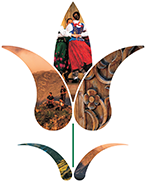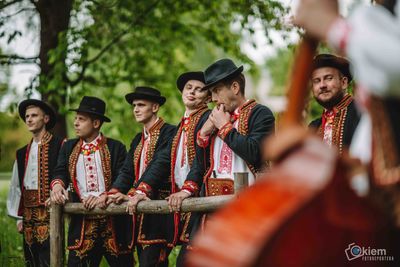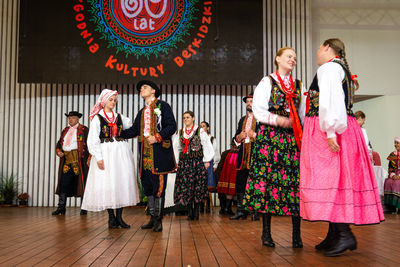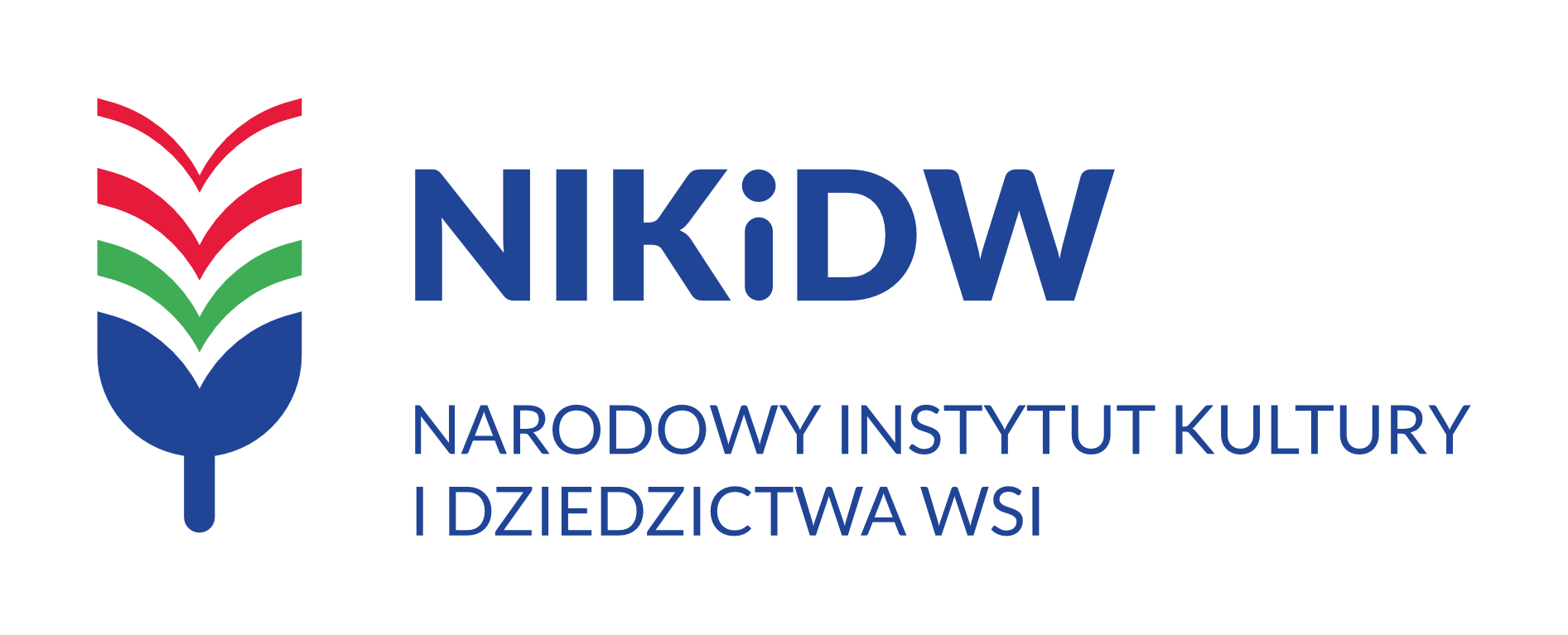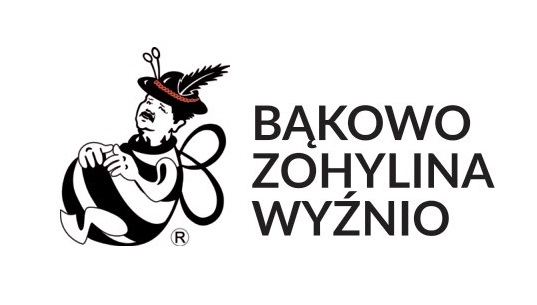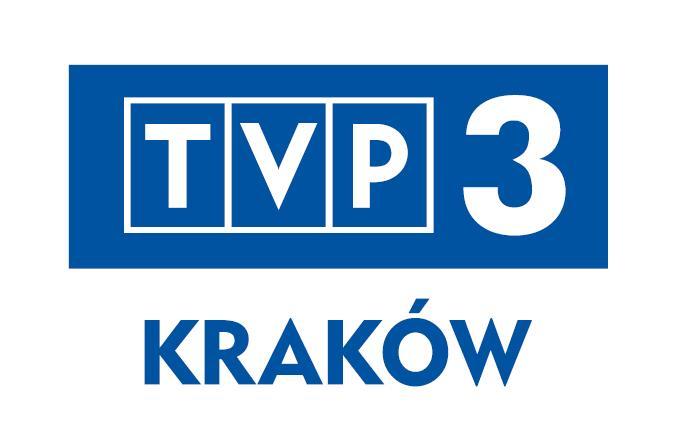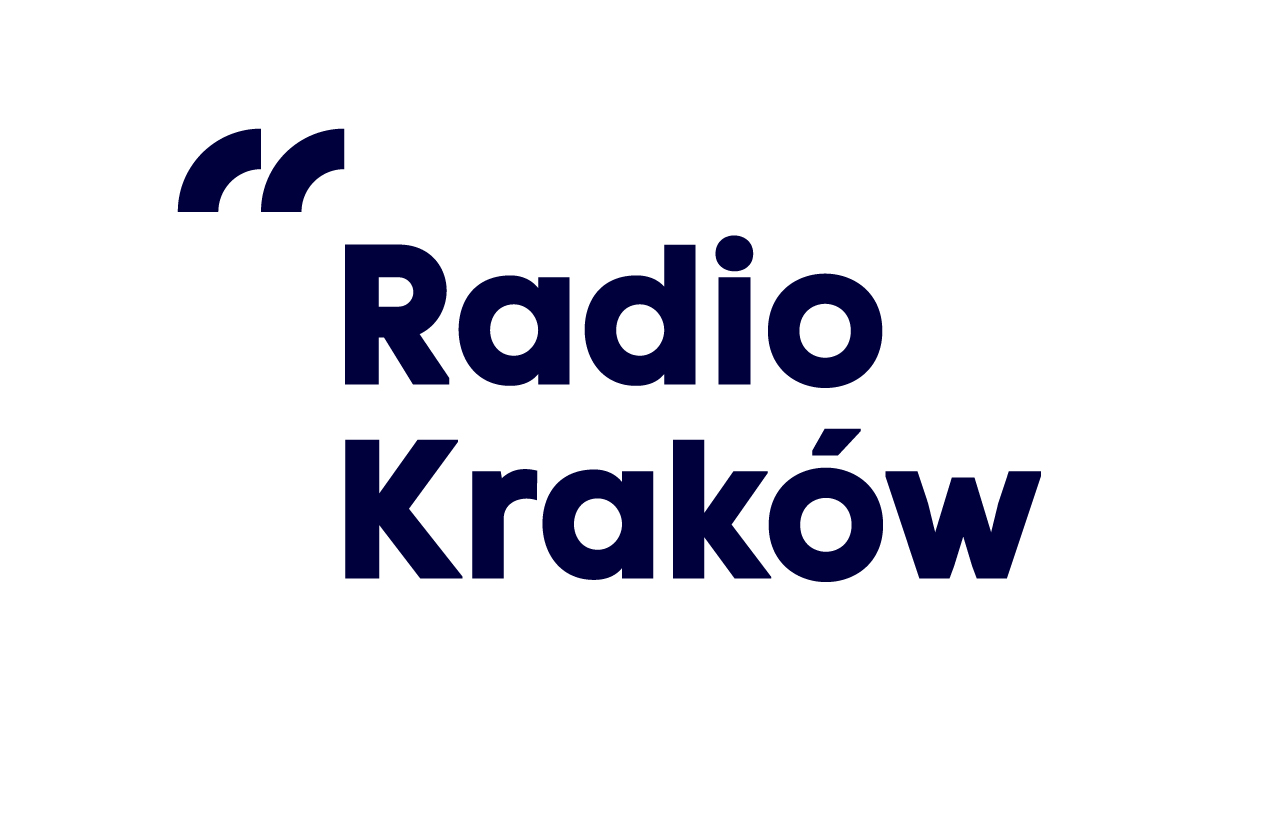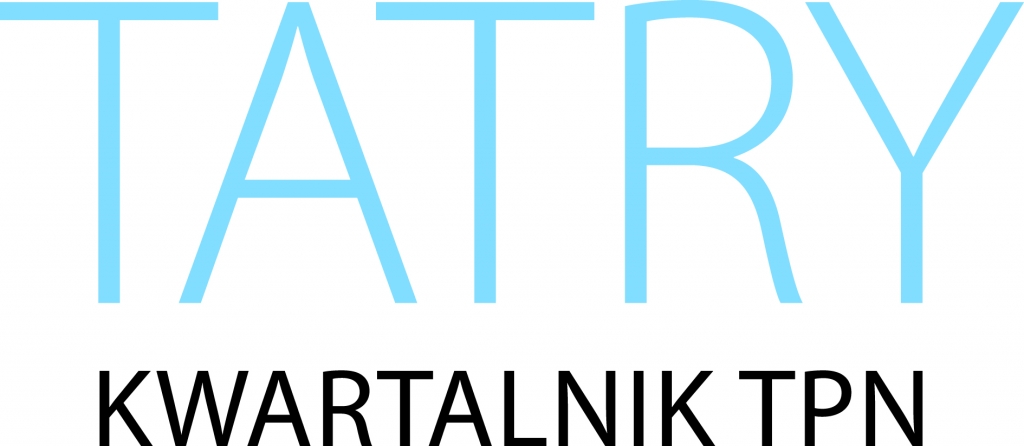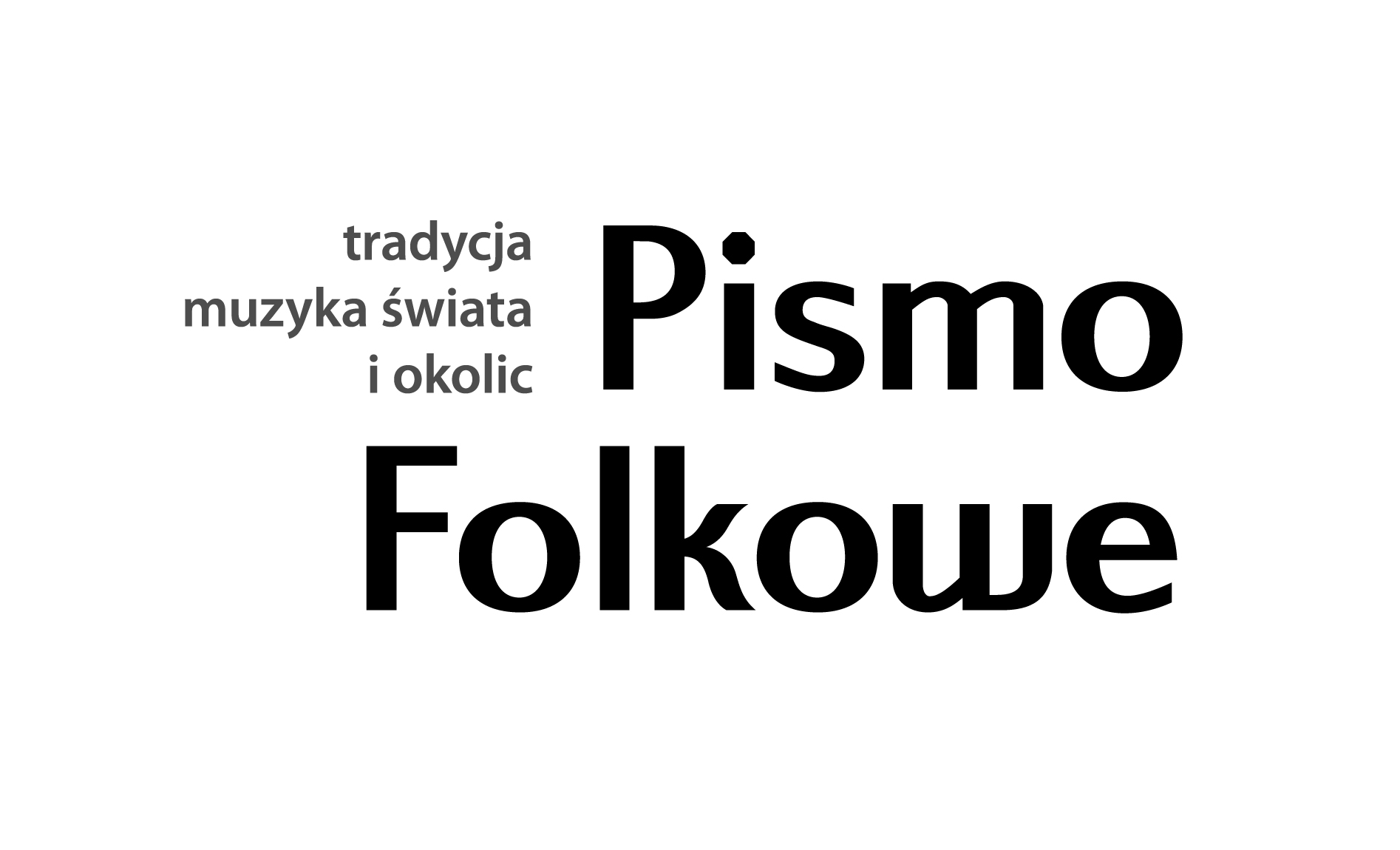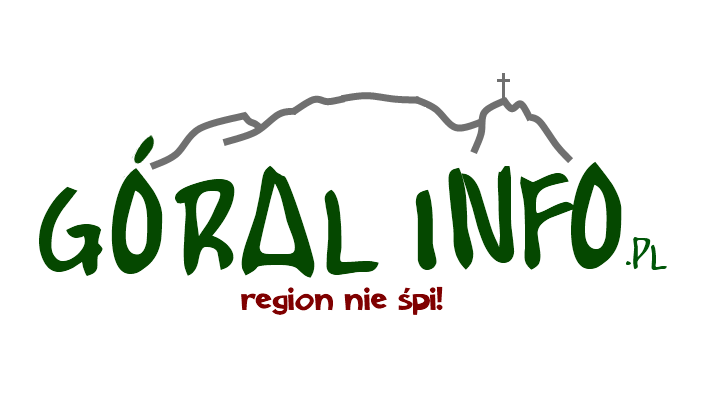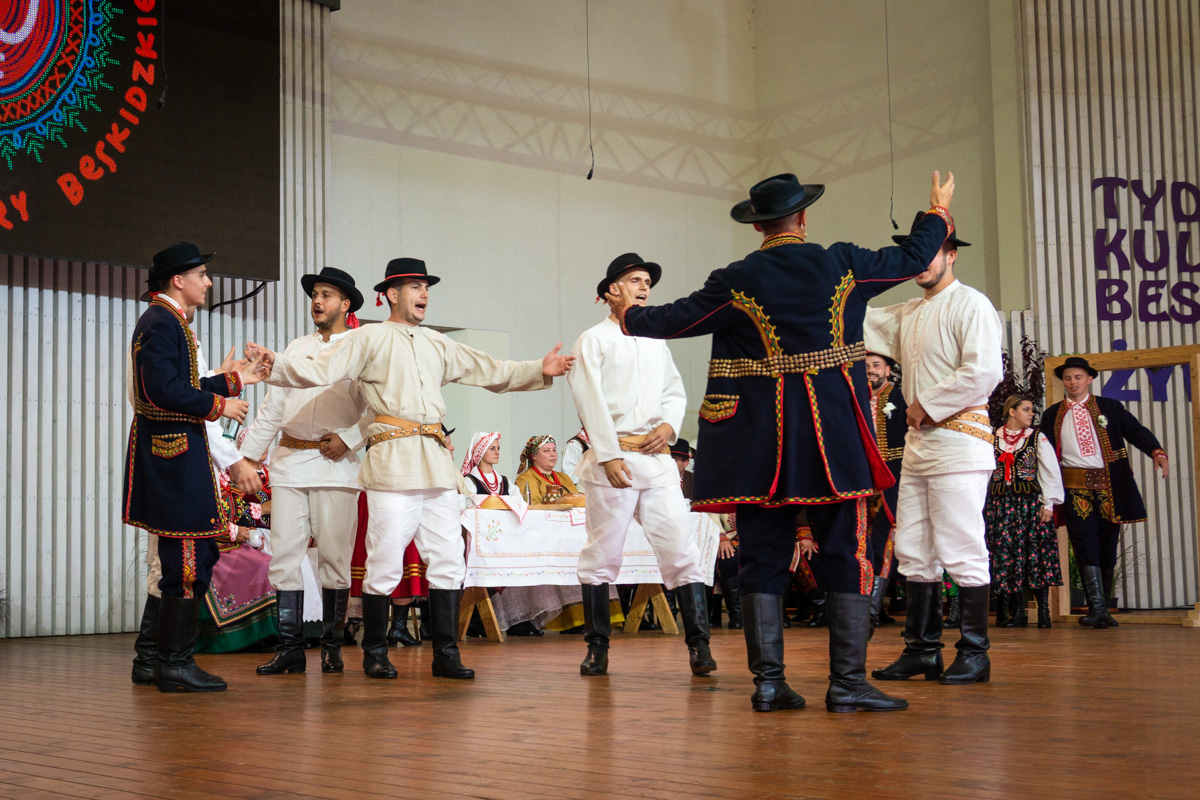
MSZALNICZANIE from Mszalnica
(Nowy Sącz County, Lesser Poland Voivodeship)
under the patronage of: Community Cultural Center in Kamionka Wielka
ensemble direction and choreography: Czesław Majewski
musical direction: Tadeusz Migacz
band lineup: first violins, second violins, trumpet, clarinet, basses
website: mszalniczanie.pl
The Regional Ensemble "Mszalniczanie" was founded in 1981. It presents dances, songs, dialect, customs, and rituals characteristic of the region inhabited by the Lachy Sądeckie people. In their performances, "Mszalniczanie" primarily focus on preserving traditions related to Mszalnica and its surroundings. The costumes they wear are diverse and richly adorned. Their dance repertoire includes Krakowiaks, polkas, waltzes, sztajery, tramelki, as well as dances performed by "starostowie" (male dance partners), such as "krzyżok" and "okółka."
The ensemble participates in the International Festival of Folklore "MFFZG," performing in the traditional category. During the Festival, they will present the program "Ocepiny." The wedding procession arrives from the church to the bride's home, where the wedding takes place. Everyone sings to call the bride's parents to welcome the newlyweds with bread and salt. Following these greetings, the young couple is teased, and then the bride's parents and the senior "starosta" are teased as well, who plays an important role in the wedding. Before the wedding, the "starosta" must ransom the wedding rod from the bridesmaids, which is a symbol of his authority at the wedding. He is the first to invite the bride to dance and invites the other "starostowie" to dance around her. The senior "drużba" (best man) also has many responsibilities, mainly related to organizing and overseeing the course of the wedding. Finally, it's time for the "cepiny" ritual. The senior "starostiny" are getting ready, but the bride, as she doesn't want to give up her wreath just yet, escapes from the room. At the command of the senior "starostina," the bridesmaids bring her back to the room, and she is seated on a chair. The women sing and ask the men to leave the room, starting the "ocepin" ceremony. The bridesmaids observe the "ocepin" ritual, but they don't want the bride to leave their circle just yet, so they form a dancing circle around her while singing "Chmiela" (a traditional song). In this way, they aim to enchant her with abundance of bread and growth of wealth, which is believed to increase like hops on vines. After the ceremony, the senior "drużba" teases the senior "starostina," who starts the circle of "starostiny." The dance is interrupted when the senior "drużba" invites the mother of the bride to dance with her daughter. The bridesmaids dance around them. The groom wants to break the circle to dance the first dance with his wife. His groomsmen assist him, while the bridesmaids try to prevent it. Eventually, he succeeds, and the newlyweds can dance together. The celebration continues, and after midnight, uninvited guests known as "Krakowioki" arrive, who want to dance with the bridesmaids. This upsets the groomsmen, leading to a brawl. Dawn is approaching. One of the "starostowie," who had too much to drink earlier, leaves with his family, but he is playfully beaten in a farewell gesture, and the rest of the guests continue to party. Finally, the senior "drużba" announces the end of the wedding through song and invites everyone to the "poprawiny" (post-wedding celebrations). With a "Krakowiak" dance, the guests are led out after their departure, accompanied by the mother of the bride.



